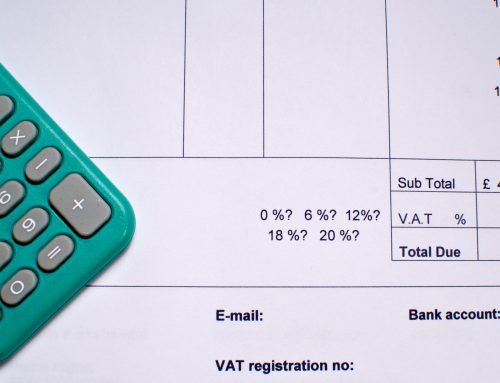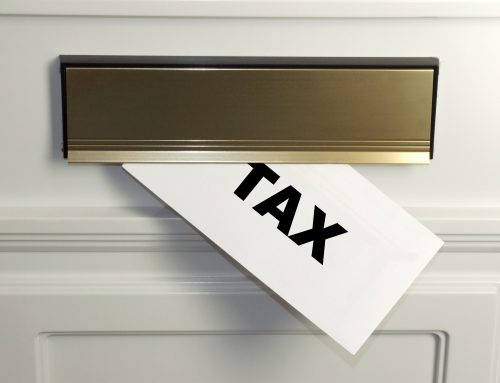Parents affected by the High-Income Child Benefit charge (HICBC) can be forgiven for thinking that there is no point is registering for child benefit if they are only going to have to give back everything they receive in the form of the tax.
The HICBC applies where the parent claiming child benefit or their partner has income of more than £50,000 a year. The charge is set at 1% of the child benefit received for each £100 by which income exceeds £50,000. So, for example, if income is £57,000, the charge is equal to 70% of the child benefit received (((£57,000 – £50,000)/£100) x 1%). Once income reaches £60,000, the charge is equal to 100% of the child benefit received. The amount of child benefit received depends on the number of children – it is payable at a rate of £20.70 per week for the first child and £13.70 per week for each subsequent child. Where both partners have income in excess of £50,000, the charge is levied on the partner with the higher income; this is often not the person who received the benefit.
Child benefit also confers state pension rights. Parents registered for child benefit in respect of a child under 12 automatically receive Class 3 National Insurance credits. Class 3 credits have the effect of making a year a qualifying year for state pension (but not contributory benefit) purposes. Thus, each year that a parent is registered for child benefit for a child under 12 provides one qualifying year for state benefit purposes. A person needs 35 qualifying years for the full single-tier state pension and at least ten to receive a reduced state pension.
Failing to register for child benefit can mean missing out on an automatic entitlement to at least 12 qualifying years; this is particularly important if the claimant is a stay-at-home parent or works part time but does not pay sufficient Class 1 or 2 contributions to make the year a qualifying year.
If receiving the money and having to pay it back is a worry, it needn’t be. It is possible to register for child benefit and to elect not to receive it. This can be done online or by contacting HMRC’s child benefit office. Parents can restart the payment of child benefit if circumstances change and the full HICBC no longer applies (for example if income dips below £60,000). Where income is between £50,000 and £60,000 it is worth claiming the benefit as the HICBC will be less than the benefit received. Ring-fencing the amount needed to pay the charge in a separate account will remove some of the worry over having the funds available to pay the tax.
As claims for child benefit can only be backdated three months, parents affected by the HICBC who have opted not to claim child benefit should do so without delay. Registering for child benefit will also ensure that the child receives a National Insurance number on reaching age 16.






